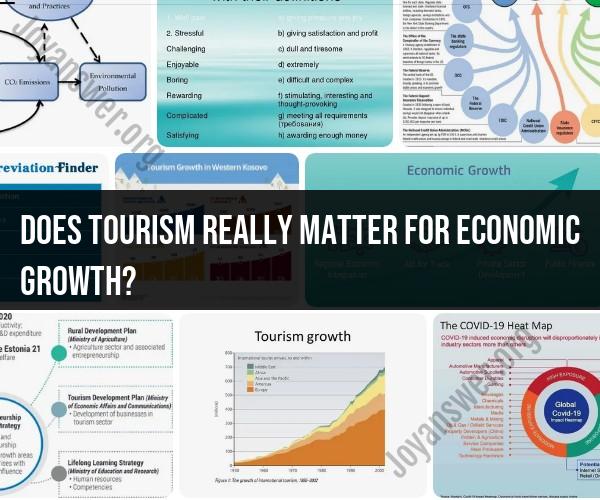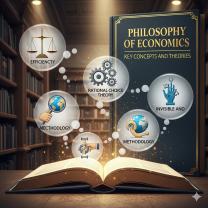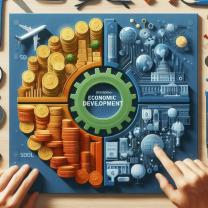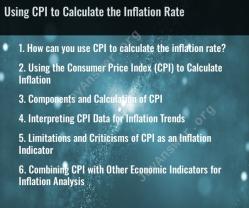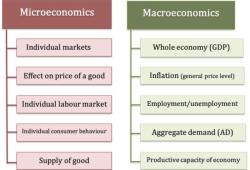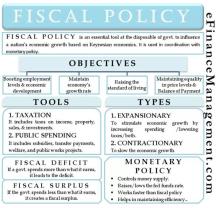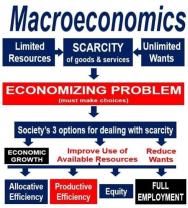Does tourism really matter for economic growth?
Tourism can indeed have a significant impact on economic growth in many countries. However, the extent of this impact can vary depending on several factors, including the size and characteristics of the tourism industry, the policies in place, and the overall economic context. Here are some key points to consider regarding the role of tourism in economic growth:
Economic Contribution: Tourism can make a substantial contribution to a country's economy. It generates revenue through activities such as accommodation, transportation, food services, and entertainment. This, in turn, creates jobs, supports local businesses, and stimulates economic activity.
Foreign Exchange Earnings: Tourism often involves international travelers, and the money spent by foreign tourists can lead to a significant inflow of foreign currency. This can help stabilize a country's balance of payments and strengthen its exchange rate.
Diversification of the Economy: For some countries, tourism can serve as a means to diversify their economy. It reduces reliance on a single industry or sector, making the economy more resilient to economic shocks in other sectors.
Rural and Regional Development: Tourism can have a positive impact on rural and less-developed areas by creating job opportunities, improving infrastructure, and promoting local products and culture. This can help reduce urban-rural disparities.
Infrastructure Investment: In anticipation of increased tourism, governments often invest in infrastructure development, including transportation, roads, airports, and public facilities. These investments can have long-term benefits for the overall economy.
Cultural Exchange and Soft Power: Tourism can foster cultural exchange and promote a positive image of a country abroad. This can influence international relations and enhance a country's "soft power."
Challenges and Disparities: While tourism can bring economic benefits, it also comes with challenges. These include environmental concerns, pressure on local resources, and the potential for income disparities, with much of the revenue going to large international corporations rather than local communities.
Economic Vulnerability: Over-dependence on tourism can make a country vulnerable to economic downturns or external shocks, as seen during the COVID-19 pandemic when tourism-dependent economies were hit hard.
Sustainability: Sustainable tourism practices are increasingly emphasized to mitigate the negative impacts of tourism on the environment and local communities. Sustainable tourism aims to balance economic growth with environmental and social considerations.
In summary, tourism can matter significantly for economic growth, especially in countries with attractive tourist destinations and effective tourism management. However, the impact of tourism should be managed carefully to ensure long-term sustainability, minimize negative consequences, and avoid over-reliance on a single sector. Ultimately, the role of tourism in economic growth is subject to various factors and must be considered within the broader economic and social context of each country.
The Role of Tourism in Economic Growth: A Critical Analysis
Tourism is a major economic sector that plays a significant role in economic growth. It is a complex and multifaceted activity that involves a wide range of stakeholders, including governments, businesses, and individuals.
Tourism can contribute to economic growth in a number of ways, including:
- Generating foreign exchange: Tourism is a major source of foreign exchange for many countries. This foreign exchange can be used to finance imports, invest in new industries, and reduce government debt.
- Creating jobs: Tourism creates jobs directly in the tourism sector, such as in hotels, restaurants, and transportation companies. It also creates jobs indirectly in other sectors, such as construction, agriculture, and manufacturing.
- Boosting tax revenues: Tourism generates tax revenues for governments through taxes on tourism businesses and individuals. These tax revenues can be used to fund public services, such as education, healthcare, and infrastructure.
- Promoting investment: Tourism can promote investment in new tourism infrastructure, such as hotels, resorts, and transportation networks. This investment can create jobs and boost economic growth.
- Preserving culture and heritage: Tourism can help to preserve culture and heritage by providing an incentive to protect cultural and historical sites. This can lead to increased tourism revenue and support local economies.
Examining the Relationship Between Tourism and GDP
The relationship between tourism and GDP is complex and varies from country to country. However, there is a clear correlation between tourism and economic growth. For example, a study by the World Travel and Tourism Council found that tourism contributed 10.3% of global GDP in 2022.
Factors Influencing the Economic Impact of Tourism
The economic impact of tourism is influenced by a number of factors, including:
- The size and growth of the tourism sector: The larger and faster-growing the tourism sector, the greater its economic impact.
- The level of investment in tourism: Investment in tourism infrastructure and services can boost the economic impact of tourism.
- The type of tourism: Some types of tourism, such as ecotourism and cultural tourism, have a greater economic impact than others.
- The distribution of tourism benefits: The distribution of tourism benefits can vary from country to country. In some countries, the benefits of tourism are concentrated in a small number of areas, while in other countries, the benefits are more evenly distributed.
Tourism's Contribution to Job Creation and Revenue Generation
Tourism is a major contributor to job creation and revenue generation. In 2022, the World Travel and Tourism Council estimated that tourism directly and indirectly supported 334 million jobs worldwide. Tourism also generated US$ 10.4 trillion in global revenue in 2022.
Strategies for Harnessing Tourism's Potential for Economic Development
There are a number of strategies that governments and businesses can use to harness tourism's potential for economic development. These strategies include:
- Investing in tourism infrastructure and services: Governments can invest in tourism infrastructure, such as roads, airports, and hotels. They can also invest in tourism services, such as training programs for tourism workers and marketing campaigns to promote tourism.
- Developing sustainable tourism products: Governments and businesses can develop sustainable tourism products that are respectful of the environment and local communities. This can help to ensure the long-term viability of the tourism sector.
- Promoting tourism to a wider range of markets: Governments and businesses can promote tourism to a wider range of markets, such as emerging markets. This can help to diversify the tourism sector and reduce its reliance on a small number of markets.
- Ensuring that the benefits of tourism are shared widely: Governments can implement policies to ensure that the benefits of tourism are shared widely throughout society. This can include policies to support small businesses and rural communities.
Conclusion
Tourism is a major economic sector that plays a significant role in economic growth. It generates foreign exchange, creates jobs, boosts tax revenues, promotes investment, and preserves culture and heritage. Governments and businesses can implement a number of strategies to harness tourism's potential for economic development.
